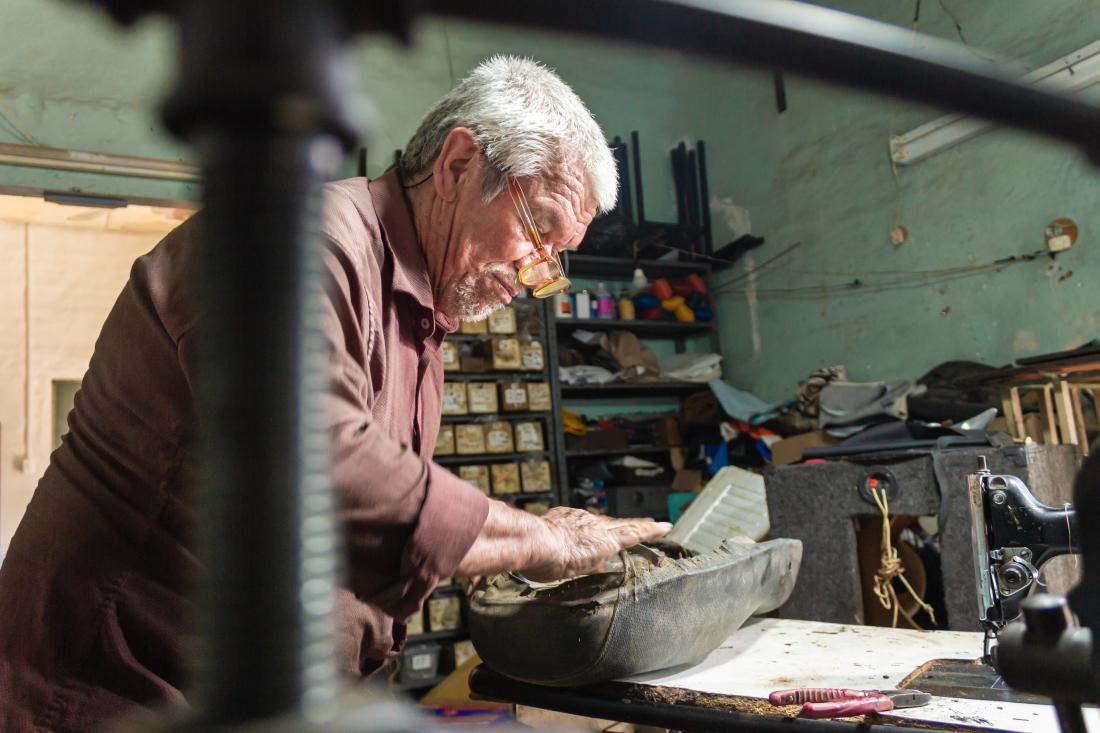Secured Transaction Reform to Increase Access to Capital for Small and Medium Enterprises in Colombia
- Small and medium enterprises
- Earnings and income
- Asset ownership
- Credit
- Information
Entrepreneurs in developing countries face a number of barriers to expanding their businesses and employing more workers, including limited access to credit and other financial services. In Colombia, researchers are investigating whether a regulatory reform that allows small and medium enterprises to use moveable assets as collateral can increase their access to finance.
الموضوع الأساسي
Small and medium enterprises (SMEs) are thought to be an important source of innovation and employment in developing countries due to their flexibility in responding to new market opportunities and their potential for growth. However, entrepreneurs face a number of barriers to expanding their businesses and employing more workers, including limited access to credit and other financial services. For many firms, especially small and medium enterprises, collateral requirements are often an obstacle for getting access to finance. Banks usually require potential borrowers to provide collateral such as land or real estate, and will not accept collateral in the form of movable assets such as vehicles, machinery, or inventory, which SMEs are more likely to own. This mismatch prevents entrepreneurs from applying for and receiving formal loans. Banks may be unwilling to accept movable assets as collateral if there is no legal framework to govern and enforce this type of lending or if they lack knowledge on how to conduct movable asset-based lending. It is possible that regulatory reform providing such legal framework will encourage banks to adopt movable asset-based lending, helping SMEs access much-needed credit to expand and grow. Additional research is needed to understand how such programs should be designed and to what extent such regulatory reform actually expands access to credit for individual firms.
سياق التقييم
While Colombia has made a lot of progress in recent years in increasing access to finance for SMEs, entrepreneurs still report that access to finance is among the largest constraints to operating their businesses.1 According to the 2010 World Bank Enterprise Surveys, over 41 percent of firms in Colombia identified access to finance as a major constraint to operating their businesses, which is roughly ten percentage points higher than the average for the Latin America and Caribbean region. At the same time, prior to 2013, Colombia had no legal framework to govern the use of moveable assets as collateral, which restricted the ability of SMEs to take out loans secured with movable collateral.
The Colombian government, with support from the International Finance Corporation (IFC), an international development organization that focuses exclusively on the private sector, is introducing a new Secured Transactions Reform, which will provide a legal framework for the use and enforcement of movable collateral. The hope is that, by reducing the risk that banks face in accepting movable property as collateral, the reform will allow SMEs to use vehicles, industrial equipment, inventory, and other movable assets as collateral for their loans.

معلومات تفصيلية عن التدخل
In order to understand whether the Secured Transactions Reform has an impact on firm-level outcomes such as sales and employment, researchers will assign a randomly selected group of firms to receive extra encouragement to apply for loans under the new regulation. Out of a sample of 1000 SMEs across three Colombian metropolitan areas (Bogot, Cali, and Medelln), 500 firms will be randomly selected to receive additional information and encouragement to apply for a loan secured with movable collateral.
The remaining 500 firms will serve as the comparison group.
النتائج والدروس المستفادة بشأن السياسات
Project ongoing. Results forthcoming.
Enterprise Surveys, "Colombia (2010)," The World Bank. http://www.enterprisesurveys.org/Data/ExploreEconomies/2010/colombia